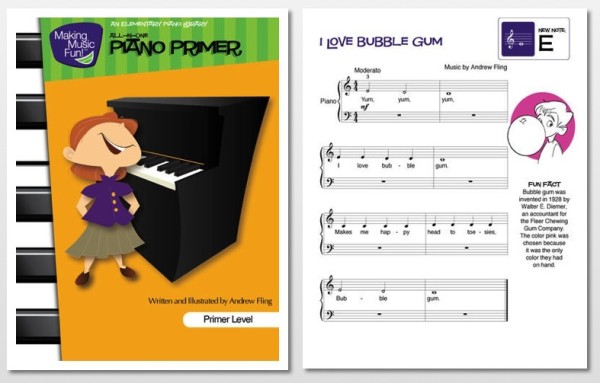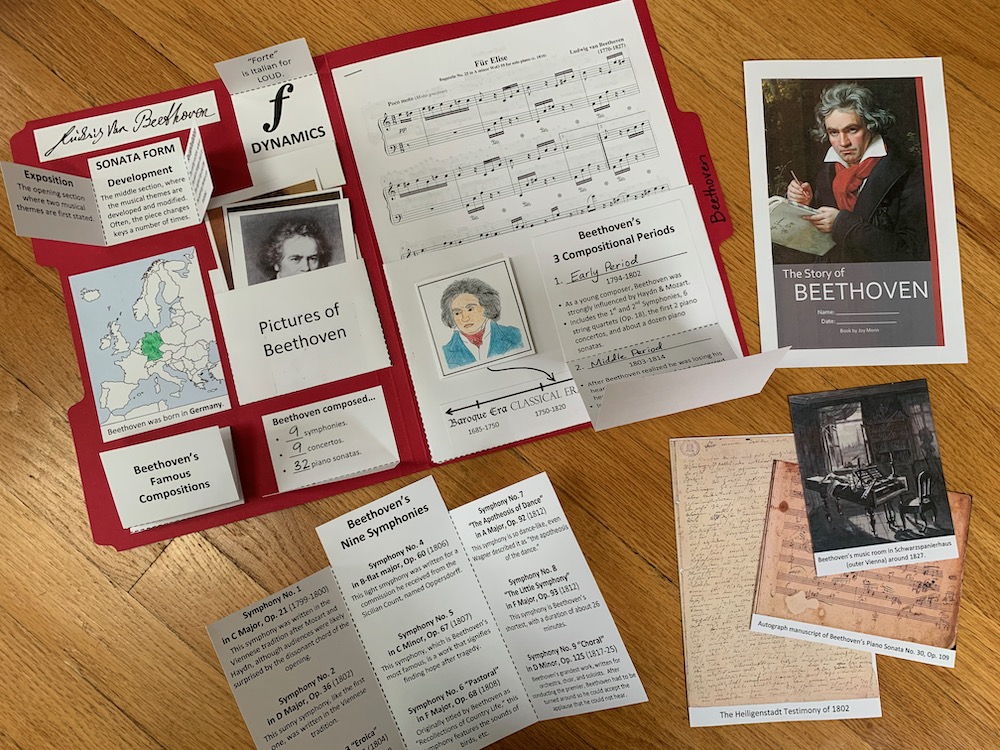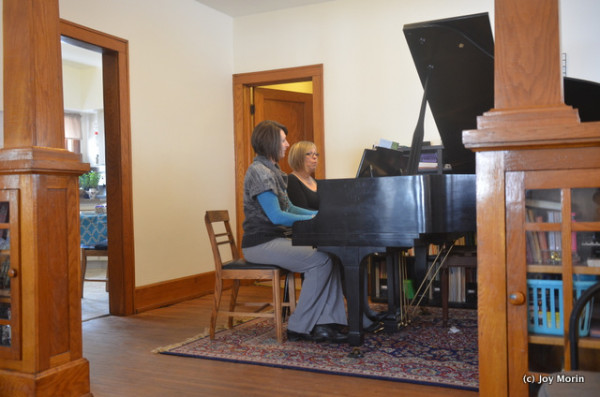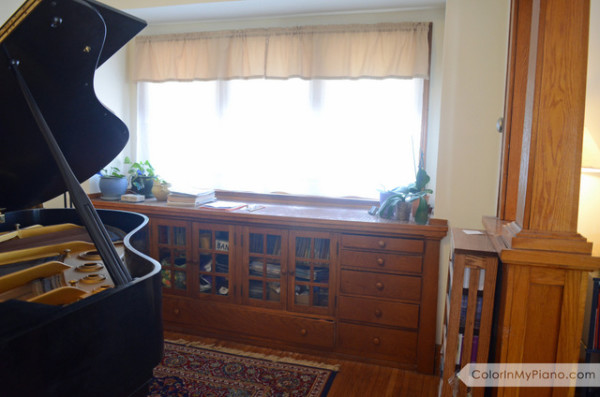Are you thinking about holding any camps/workshops this summer? Here are some great reasons to consider holding camps:
- It allows you to reinforce concepts or cover topics that are difficult to cover during private lessons. E.g., music history, rhythm, improvisation, composition.
- It is a great way to build camaraderie among your students.
- It allows you to have a different/lighter teaching schedule during the summer if you desire.
- It creates the possibility of increasing your income during the summer months.
Here is what I do during the summer months. This is pasted directly from my Studio Policies:
Summer Months: During the summer months (June _ through August _), private students are expected to continue taking lessons; however, they have two options:
- 5 lessons scheduled as convenient for the student and teacher, plus all two 4-day summer camps (one each in June, July, and August). Each camp meets from 10-noon Monday through Thursday. Summer camps themes vary each year, but may include Musical Olympics, Music History Blast From The Past, Music of the World, etc.
- Or, students may continue weekly lessons (10 in total) as normal. Students who choose this option may also participate in one or more summer camps for a nominal fee.
Not only does the teacher feel strongly about the value of continuing the student’s musical education throughout the summer months, but the teacher’s livelihood depends upon a regular income throughout the summer months because the tuition rate has been determined based on a 12-month calendar. For these reasons, if a student does not continue lessons through the summer, the student unfortunately cannot be guaranteed a spot in the schedule in the Fall especially if there is a waiting list.
For either option, students are expected to continue paying the flat monthly tuition rate. This system has worked very well for the past two years and I plan to do it again this summer (2014).
Things to consider as you are planning your camp:
- How long do you wish for it to last? Examples: 4 consecutive days for 2 hours each day; or 5 hours in one day; or 6 Tuesdays for 1 hour each day.
- What is your ideal number of participants? What is your minimum and maximum number of participants to make it worth your time? Personally, my range is 4-10 but my ideal group size is 6 or 8.
- Consider how much you’d like to get paid as a minimum hourly wage during the camp. Also consider your time involved in all of the preparations beforehand.
- Choose a theme/topic. Consider what kind of curriculum you will use — will you write your own lesson plans or buy them?
- Make a list of all of the materials you will need and total the expenses. Examples: paper, printer ink, glue, scissors, food for snacktime (or you could ask students to pack their own snack/lunch), game materials, pencils, crayons, craft supplies, etc.
- Price your camp so that you will be profitable even if you have the minimum number of participants sign up. Research what it costs for students to attend other types of camps in your area.
Setting Tuition
Be sure to crunch the numbers for a different scenarios until you find a tuition rate that is profitable for your business but also reasonable for your students. For example…
Scenario 1: Let’s suppose you charged $100/student for an 8-hour camp (4 days, meeting 2 hours each day).
- If you have 4 students attend and the expenses totaled $100, you would make $300. If you divide this by the 8 hours of contact time with the students, you are earning only $37.50/hour (not including prep time). [As with all of your income, of course, you will lose between 20-30% of your income to pay self-employment taxes.]
- If you have 6 students attend and the expenses totaled $100, you would make $500. If you divide this by the 8 hours of contact time with the students, you are earning $62.50/hour (not including prep time).
- If you have 10 students attend and the expenses totaled $100, you would make $900. If you divide this by the 8 hours of contact time with the students, you are earning $112.50/hour (not including prep time).
Looking at these numbers, I would probably decide that this tuition rate is not profitable in the event that only 4 students register. Therefore, I would either set my minimum number of students to 6 (which means risking that I might have to cancel the whole thing if I don’t get 6 registrants), or set a higher tuition rate.
This is just a scenario for how you might go about deciding what rate is right for you and your area. I’m not trying to suggest a particular tuition rate, but rather show you how to think through the numbers. 🙂 Here is another scenario.
Scenario 2: Let’s suppose you charged $60/student for a 4-hour workshop (1 day).
- If you have 4 students attend and the expenses totaled $75, you would make $165. If you divide this by the 4 hours of contact time with the students, you are earning $41.25/hour (not including prep time).
- If you have 8 students attend and the expenses totaled $75, you would make $405. If you divide this by the 4 hours of contact time with the students, you are earning $101.25/hour (not including prep time).
As you can see, the success of your camp depends largely on how many students will register!
If you are thinking of holding a camp for the first time and are looking for an easy, complete curriculum, I would highly recommend holding a music history camp using my lapbook curriculum, “Great Composers and Their Music.” Read more about Music History Camp here. The curriculum is ready-to-go and students absorb SO much information when they learn through lapbooking.
Other camps I’ve offered in the past include So, You Want To Be A Composer?, Music of the World, and Musical Olympics.
Please share your thoughts about how to plan special camps/workshops in the comments. I would love to hear from you!
 Making Music Fun’s Piano Primer — $1.99 for iPad only.
Making Music Fun’s Piano Primer — $1.99 for iPad only.








 Friday marked the five-year anniversary of Color In My Piano! I meant to write this post on Friday, but I have been preparing tax documents all weekend instead. I finished gathering all of the paperwork yesterday and am bringing it to our CPA today.
Friday marked the five-year anniversary of Color In My Piano! I meant to write this post on Friday, but I have been preparing tax documents all weekend instead. I finished gathering all of the paperwork yesterday and am bringing it to our CPA today.



 I love the internet. Without it, I would have far fewer friends and contacts in the piano teacher world, wouldn’t you?
I love the internet. Without it, I would have far fewer friends and contacts in the piano teacher world, wouldn’t you?













